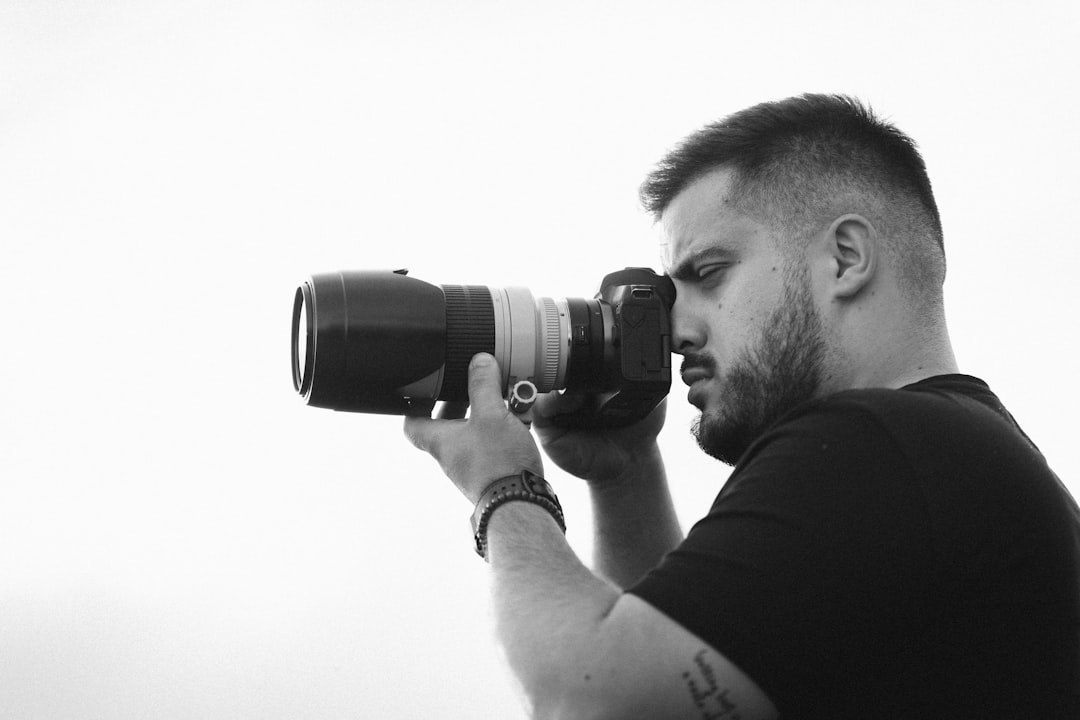No products in the cart.
The Impact of AI on Photography Careers
AI technology is revolutionizing photography careers. Discover its implications for professionals in the field.
San Francisco, USA — The rise of artificial intelligence (AI) is not just a tech trend; it’s reshaping entire industries. In photography, AI editing tools are changing the landscape of professional careers, altering how photographers work, and what skills they need to thrive.
For decades, photographers have relied on their technical skills and artistic vision to capture stunning images. Whether it’s a wedding, a corporate event, or a breathtaking landscape, the human touch has been essential. Now, AI is stepping into the frame.

Understanding AI’s Role in Photography
AI technologies, such as Adobe’s Sensei and Skylum’s Luminar AI, are revolutionizing the editing process. These tools leverage machine learning algorithms to automate tasks like color correction, noise reduction, and even content-aware fills. With AI, photographers can enhance images in minutes, a process that once took hours of manual work. According to a study by the American Society of Media Photographers, 72% of photographers reported using AI tools in their workflow as of 2023, marking a significant shift in the industry landscape.
The New Skill Set for Photographers
As AI takes over routine tasks, photographers are finding that the skills in demand are shifting. No longer is it enough to know how to take a great photo; understanding how to effectively use AI tools has become essential. This shift is prompting many professionals to invest in training and education focused on AI technologies.
This shift is prompting many professionals to invest in training and education focused on AI technologies.
For instance, courses that teach photographers how to incorporate AI in their editing process are on the rise. Institutions like the School of Visual Arts in New York have begun offering specialized programs in digital media that include AI training. The goal is clear: equip photographers not just to survive but to thrive in a world increasingly dominated by technology.
Concerns Over Job Security
While many photographers embrace the changes brought by AI, concerns about job security loom large. Critics argue that as AI tools become more sophisticated, they may threaten the very existence of certain photography roles. A 2022 report from McKinsey & Company highlighted that up to 30% of jobs in various sectors, including photography, could be automated by 2030.
This fear is not unfounded. As AI tools become more accessible, the barrier to entry for aspiring photographers lowers. Anyone with a smartphone can potentially produce high-quality images using AI editing apps. This democratization of photography could lead to increased competition and pressure on established professionals.
Embracing Change: Opportunities for Growth
Despite the challenges, there are ample opportunities for photographers willing to adapt. The demand for high-quality content continues to rise, driven by social media, marketing, and e-commerce. Photographers who can leverage AI to enhance their productivity and creativity are likely to find themselves in high demand.
Moreover, AI can help photographers specialize in niche markets. For example, those who understand how to use AI tools for specific genres, like product photography or real estate, can carve out unique positions in a crowded market. The ability to deliver faster results without sacrificing quality can become a photographer’s competitive edge.
The Future of Photography Careers
Looking ahead, the integration of AI in photography is set to deepen. As these technologies continue to evolve, they will likely enable even more creative possibilities. Imagine AI tools that can suggest composition adjustments based on trending aesthetics or analyze audience engagement metrics to help photographers tailor their portfolios.
The Future of Photography Careers Looking ahead, the integration of AI in photography is set to deepen.
These advancements will require photographers to adopt a mindset of continuous learning and adaptation. Professionals who embrace AI as a partner rather than a competitor will not only enhance their craft but also future-proof their careers.
Engaging with AI will also open new avenues for collaboration. Photographers can work alongside AI developers to create custom tools that cater specifically to their needs, pushing the boundaries of what’s possible in visual storytelling.
As we navigate this transformative era, it’s essential for photographers to remain curious, flexible, and proactive. The future is bright for those who choose to harness the power of AI, transforming challenges into opportunities for creativity and innovation.











